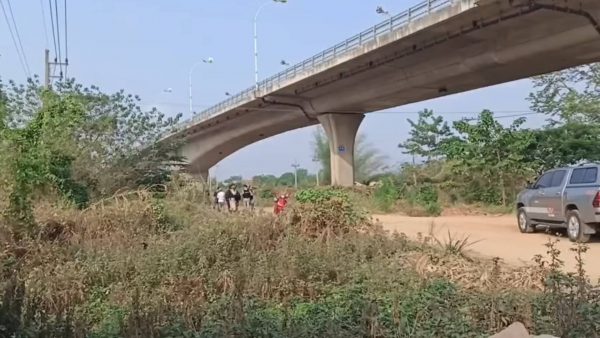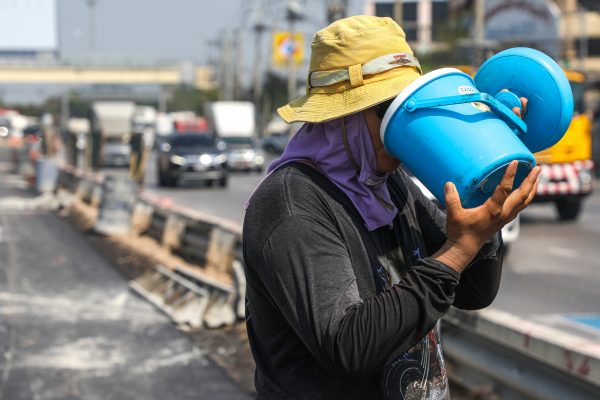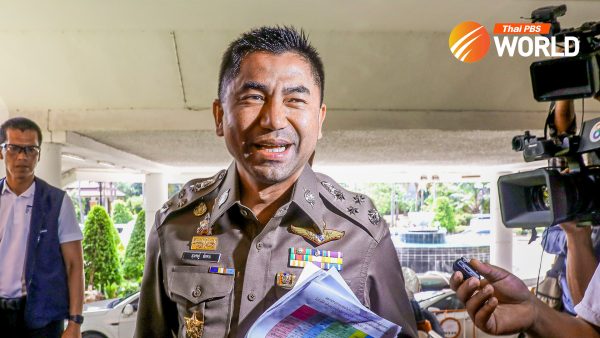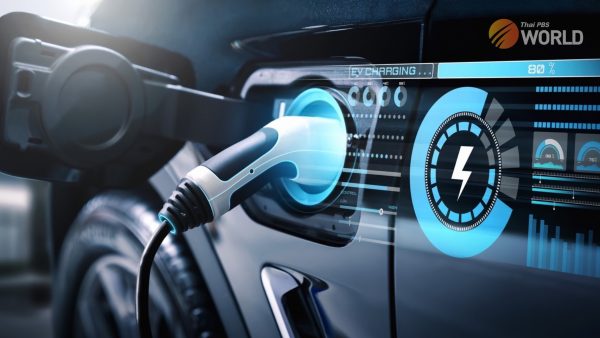Perspective of a foreigner on 2019 – society

This is the first in a series of three articles in which I take a look back at 2019 in Thailand from the perspective of a foreigner who has lived and worked here for the past 25 years. I will be taking a look at the economy and Thailand’s media scene, but I begin with society.
2019 began in an atmosphere of optimism, not unbridled but optimism nonetheless, with a coronation and a general election slated to take place in the first half of the year.
Ahead of the election, which was to take place on March 24th, who would and would not be involved in the hustings was the subject of hot debate, even drawing the highest institution, albeit briefly, into the fray as Princess Ubolratana, now a “commoner”, was proposed as a prime ministerial candidate.
Even the leader of the military coup of May 2014, General Prayut Chan-o-cha, seemed initially undecided as to whether he would stand for the leadership in the new, quasi-democratic post-election administration. I qualify the adjective “democratic” because it is clear that the junta-supported constitution was designed to tip the balance in favour of the incumbent crew in charge through constitutional requirements for the Senate to be entirely appointed and selected by the Junta. Add to this the ability for a non-elected individual to be appointed Prime Minister, on a vote of the joint house (MPs and Senators), and the epithet “free and fair”, as far as the election goes, could be epistemologically challenging.
Interestingly, as late as just two weeks before the general election, the country’s Election Commission had yet not approved even a single request from international organizations to send teams to monitor the actual polling. Poll monitoring is accepted in countries like Timor-Leste, South Africa, Mozambique, El Salvador and Cambodia. The United Nations supports elections in Afghanistan, Central African Republic, the Democratic Republic of the Congo, Iraq, Nepal, Sierra Leone and Sudan, but there was a cool reception to such “interference” in Thailand’s first election in nearly 5 years.
Predictably, the General retained his post at the head of Government through the election, though the transition from absolute power to accountability was to prove a slippery path. Fortunately, the infamous Article 44 of the junta-inspired constitution, whereby the leader enjoyed the ability, or privilege, to do anything he or she defined as being in the national interest with impunity.
Nonetheless, the election did see the return to politics of some fresh faces and dissenting voices. These have become personified by the young billionaire Thanathorn Jungroongruangkit, leader of the newly-formed Future Forward Party, just one of the 77 parties contesting the general election. Seen as a “Thaksin-esque” challenge to the status quo, Thanathorn has faced legal challenges since the day he registered his candidacy for Parliament, a concerted but unresolved effort by vested interests which continues. Growing political protest has returned to the streets of Bangkok as a result.
Being from England, I am fully accustomed to and have belief in Monarchy, but have an unease with 77 different parties clamouring for power, and cabinet seats, with manifestos which, if they exist at all, offer little in the way of realistic plans and which are forgotten even before the polls close. While in the UK a single party majority is a sought after outcome by voters and politicians alike, in Thailand everything seems set to ensure coalition government. Coalitions are, in almost every other democracy, seen as an unwelcome element of instability. One only needs to look at Germany’s latter day rejection of the long established multi-party coalition model.
By the time the new Thai administration had settled in and handed out the cabinet posts to their allies, it became clear, however, that Prime Minister Prayut was to embark upon a concerted effort to stimulate the domestic economy, which was already showing signs of slowing.
And unrelated to the election, we saw rightful Royal recognition of the heroes of the Tham Luang rescue, though the output of the tortuous process of assigning the rights to film the documentary version of the event has met with mixed response. Fugitive Thaksin Shinawatra was stripped of all Royal decorations and removed from his school’s list of outstanding alumni. We saw the sudden removal of Pol Lt-Gen Surachate Hakparn from his post as commissioner of Thailand’s Immigration Bureau, following a series of high profile and media friendly expulsions of “undesirable foreigners” from the country.
Perhaps the most significant, and perhaps surprising headlines of the year have, however, related to the country’s whole-hearted adoption of environmental issues and the legalisation of cannabis extracts for use in medical applications, a manifesto promise which was actually kept. We have seen fierce attempts to ban agricultural chemicals, which have been shown to be harmful to the food chain in many countries. The Government has banned, outright, the provision of single use plastics in retail and it seems the death of any marine animal over 12 inches long hits the national headlines. The protection of the corals in Thailand’s seas has become a national pastime and there is also an increased focus on air cleanliness, with dust levels being monitored and reported 24/7. Perhaps the most significant event, environmentally and culturally, were the real prison sentences handed down to a group of poachers, led by one of the country’s richest executives, the CEO of the Italian-Thai construction conglomerate.
Finally, this year we saw the passing of statesman and Privy Council president Prem Tinsulanonda and the hundreds of predictable and entirely preventable deaths on Thailand’s roads.
By : Hugh Adams
Hugh Adams was born and privately educated in England. He is a permanent resident in Thailand and speaks Thai. Before leaving the UK for Asia 25 years ago, he worked in television news, sports and post production, including at Sky Television as Head of Vision Operations. While living in Thailand, Hugh has been witness to many pivotal moments in the country’s recent history and has continued to work in broadcasting since his arrival, presenting English language breakfast radio on a number of radio stations. In the past decade he has been English News Sub-Editor for Channel 3 News, NBT World and Thai PBS. Hugh also teaches BA courses in TV and Radio at Thammasat University. With his entire family here in Thailand, “vive la différence” between cultures remains his personal mantra.






